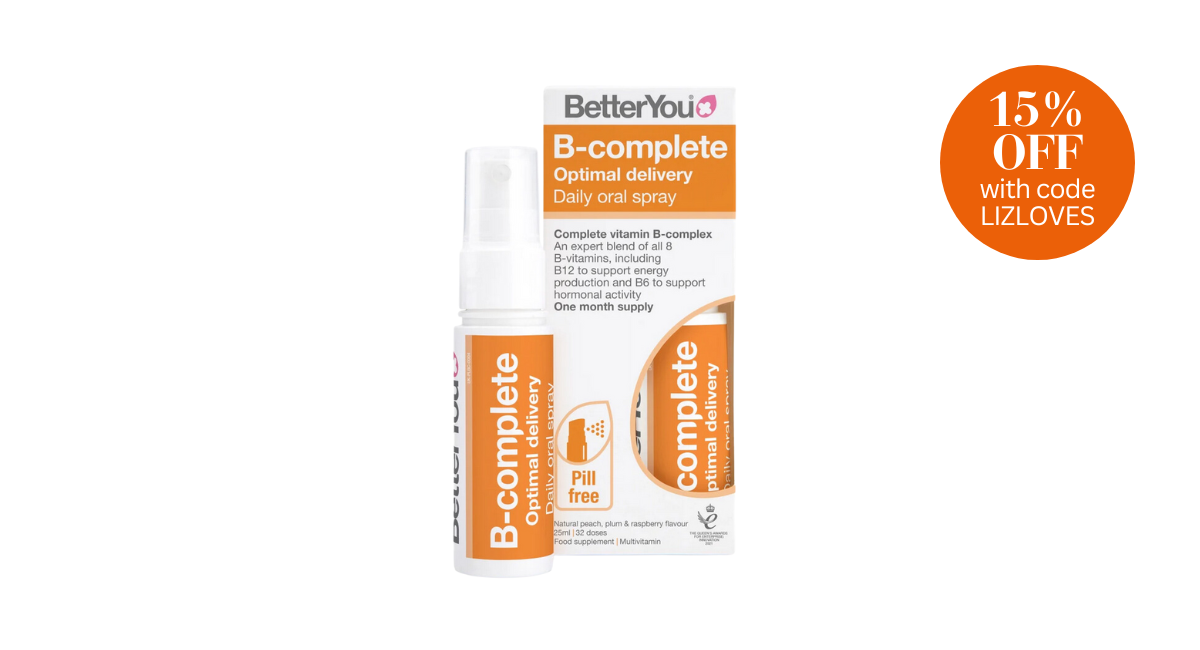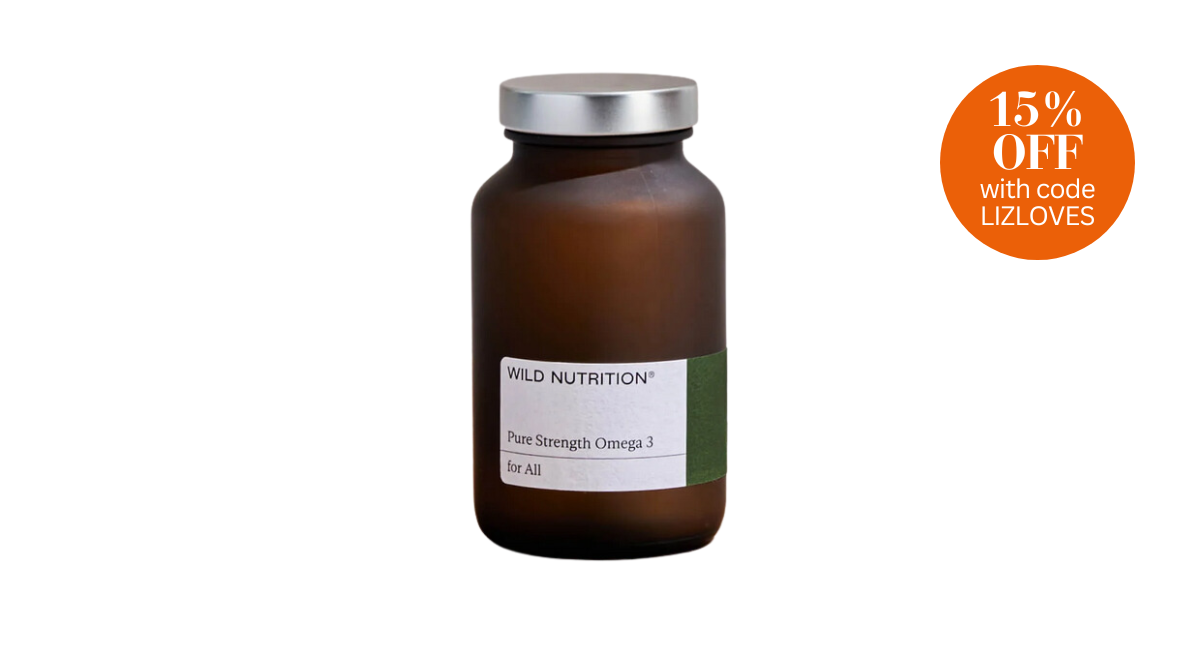Mental Health
I’m a nutrition expert – these 2 key nutrients can help to reduce our risk of Alzheimer’s
With one in 11 people over the age of 65 currently suffering from dementia in the UK, many of us may be looking for ways to help reduce our risk of Alzheimer’s.
On a recent episode of The Liz Earle Wellbeing Show, Liz was joined by nutrition expert, Patrick Holford, to discuss the dietary changes that can help to ward off cognitive disease.
“Less than 1% of Alzheimer’s is caused by genes,” Patrick says. “Every single thing in your body – your eyes, your bones, your brain – is made directly from food. You change your food, you change everything.”
Here, Patrick explains the two key nutrients to prioritise.
Nutrients that help to reduce our risk of Alzheimer’s
Vitamin B12
“A 2010 study took people with mild cognitive impairment and gave them either a placebo or high dose B vitamin supplement,” says Patrick. “They found 53% less shrinkage in the brain on the B-vitamins.”
It’s not easy to get enough B12 from our diet, he adds. “People think that if you eat a well-balanced diet you get all the nutrients you need, but we know this isn’t the case for B12.
“It’s in meat, fish, eggs and milk but it’s not easily absorbed – something like half of everyone over 65 has insufficient levels in their bloodstream.”
We can determine if we need to supplement B12 by testing homocysteine levels, he says.
We love: BetterYou B-complete

An oral spray formulated with a blend of all eight B vitamins, including vitamin B12 to support natural energy metabolism.
Omega-3 fatty acids
Research shows that eating oily fish is brilliant for our brains. But, scientists have made an important discovery in recent years, Patrick says: “B-vitamins don’t work without omega-3 and vice versa.
“The National Institute of Health has attributed 22% of Alzheimer’s risk to […] lack of B vitamins and 22% to a lack of seafood and omega-3. So those two alone can cut your risk by at least a third.”
We love: Wild Nutrition Food-Grown Pure Strength Omega-3

Take daily to help support brain, heart and eye function.
Read more features like this
- 5 ways to slow the signs of ageing and support longevity
- Always forgetting your vitamin D supplement? Try this easy hack
Please note, on some occasions, we earn revenue if you click the links and buy the products, but we never allow this to bias our coverage and always honestly review. For more information please read our Affiliate Policy.





